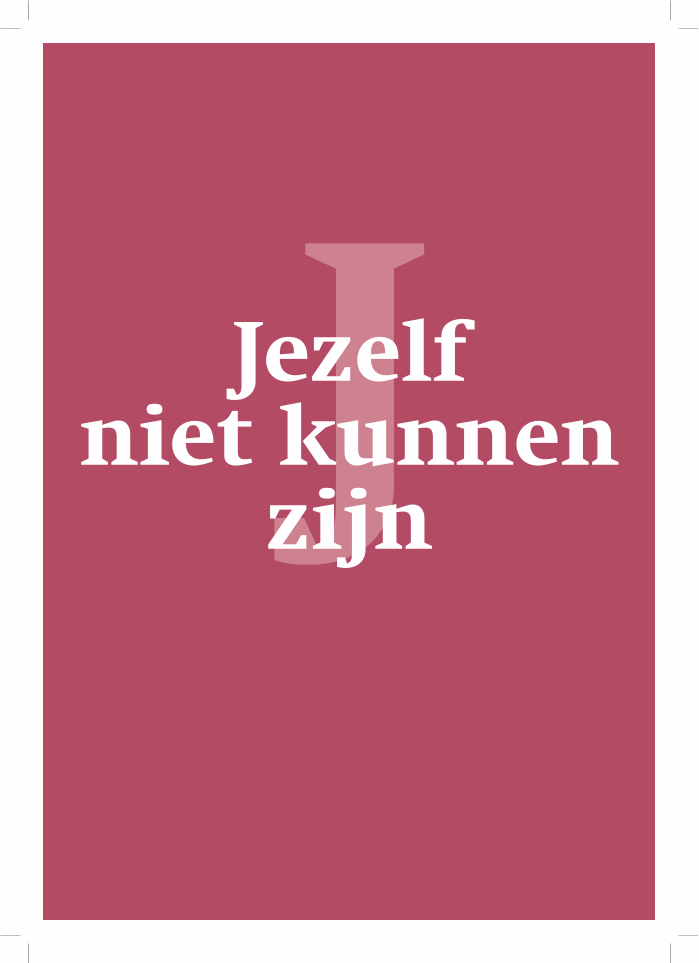-
f Jezelf niet kunnen zijn
- Amsterdam University Press
- Source: Wijsgerig Perspectief, Volume 59, Issue 1, jan. 2019, p. 32 - 41
-
- 01 jan. 2019
Preview this article:






Jezelf niet kunnen zijn, Page 1 of 1
< Previous page Next page > /docserver/preview/fulltext/00435414/59/1/WP2019.1.005.AMEL-1.gif
Er is geen samenvatting beschikbaar voor dit artikel.
Gebruik de preview-functie
© Jesse van Amelsvoort


